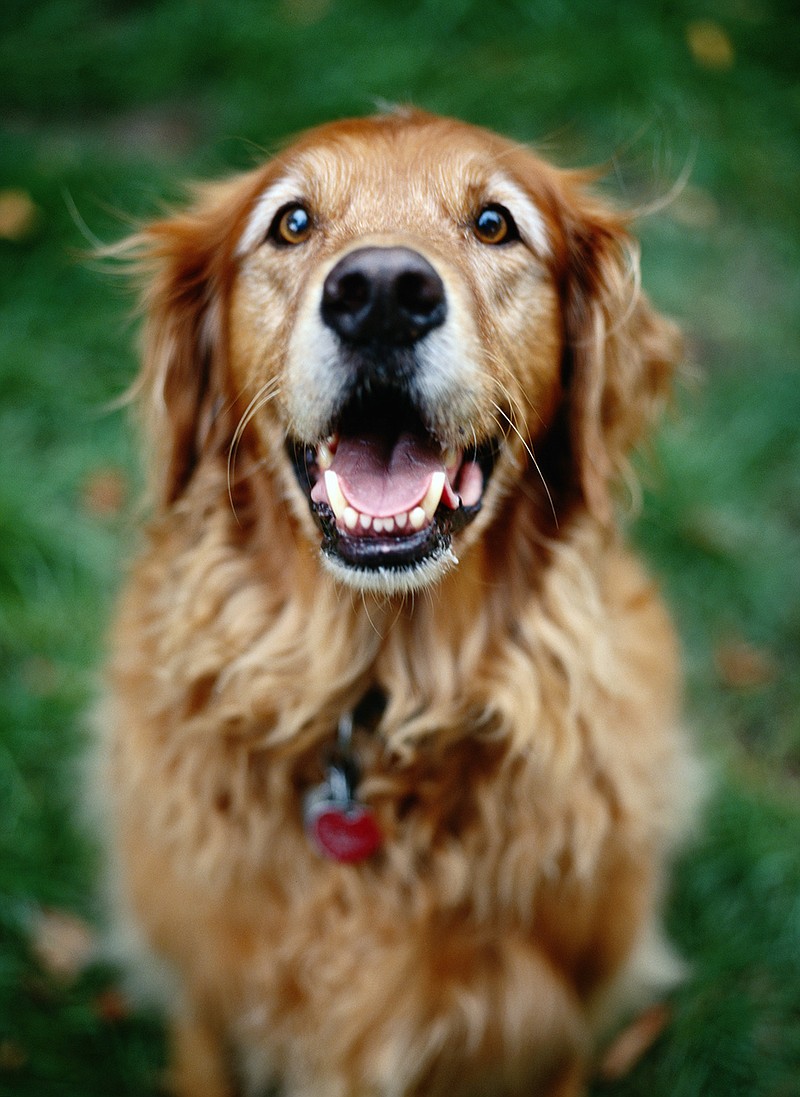Q: Our goldendoodle has a bad case of fleas again. We got him last summer and we couldn't get rid of the fleas until the winter and cold weather. We don't want to bomb the house. We use Frontline. We have used Advantage. We vacuum almost daily with a bagless vacuum so we can dump the dirt after each use. We comb him daily with a flea comb dipped in soapy water. We use tea tree oil on his collar. We give him baths with a special shampoo. We wash bedding. Is there anything we can do outside in the yard? We have a fenced yard and he loves to be out there but he does his business on his walks so we could keep him out of the yard.-Karen Marino, Garden City, N.Y.
A. If the Frontline or Advantage is not working, perhaps you may not be applying it properly. All of the liquid that is in the little applicator tube must hit the dog's skin, and that rarely happens when you squeeze it out onto just one spot on the back of the dog's neck. Any of the liquid that runs off the dog's skin and onto the fur is wasted and the dog does not get the proper dose and thus the product does not work as intended.
Spread the fur on the back of the dog's neck and squeeze out just enough of the liquid to cover the exposed skin. Then go down the neck a couple of inches and spread the fur again and apply more liquid onto the skin. Keep repeating until you have seen all the liquid actually hit the skin of the dog.
Q: When I went to fill up my bird bath in the back of my yard the other day, I noticed about a bazillion mosquito larvae in the standing water. I quickly dumped it all out and let the bath dry, but I would like to know if there is anything that I can put in the water of the bird bath to kill the mosquito larvae and yet not hurt the birds that want to drink and bathe in it.-Jen Perez, Brentwood, N.Y.
A: There are some chemicals and products that will do the job; even a few drops of bleach will take care of mosquitoes in a bird bath. However, I cannot imagine that the birds drinking that water will not be affected in one way or the other.
Wild birds have a hard time finding water if there are no natural water sources. When lawn sprinklers are on in the morning they try to drink from them, but it always looks so pathetic to see a robin or mockingbird running wet blades of grass through its bill to get the water clinging to it. Many people have fish ponds in their backyards, but unless they have a small stream attached, the birds usually do not feel safe enough to drink right from the edge.
It takes a couple of days for the mosquito larvae to pupate into an adult mosquito, so if you just dump out the bird bath every other day and refill it with fresh water, then that will take care of the mosquito problem. When the temperature is in the 90s, the bird bath will most likely evaporate every day anyway, so you are going to be maintaining it every day regardless when the birds need it the most.
Q: I have two beautiful indoor Dutch rabbits (a spayed female and a soon-to-be-neutered male.) Sometimes we empty their trays in our yard as their excrement is excellent fertilizer. All this week, I've noticed a wild rabbit nibbling in my yard at dawn and dusk. Just today, there were two rabbits in the morning. Could this be a family nesting somewhere close? Is the scent of my rabbits or my rabbits' poop attracting them?-Jane McCabe, Rockville Centre, N.Y.
A: To us, a domesticated bunny and a North American cottontail rabbit may look very much the same, but in actuality they are not related very closely at all. In fact, they cannot even breed together as pet bunnies are the domesticated form of the European rabbit. Cottontails live by their wits and ability to outthink danger and have very little regard for our domesticated bunnies. The smell of your bunnies' droppings would certainly be of no interest to them.
What a cottontail is interested in is lots of natural cover along a grassy lawn that it can dart into to escape from predators. Forsythia bushes or rugosa roses or other large shrubs all growing together that would form an impenetrable fortress to a hungry cat or raccoon is most likely what is attracting the cottontails to your backyard. Well-manicured backyards do nothing to help what little native wildlife we have left, and if everyone could leave a corner of their yard in a natural state then the native animals would have a bit more of a chance than they do now.

